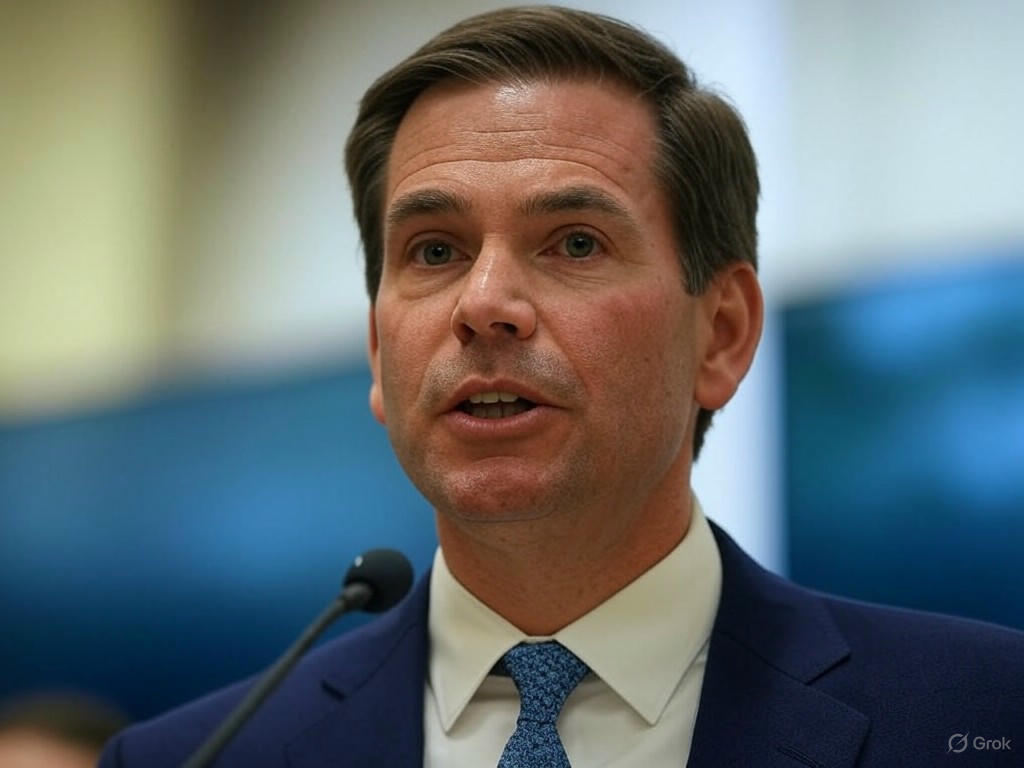Green Energy Reforms Under Fire: House GOP Member Criticizes Senate Proposal
In a recent wave of political discourse surrounding energy policy, New York Representative Andrew Garbarino, a prominent House Republican, has publicly criticized a Senate bill aimed at reforming green energy initiatives. His sharp remarks have sparked renewed debate over the direction of environmental policy in the United States, as lawmakers grapple with balancing economic growth and sustainability goals. Garbarino’s stance, while not explicitly indicating outright opposition, casts a shadow of doubt over the bill’s future as it seeks bipartisan support.
The Senate proposal, which seeks to overhaul incentives for renewable energy adoption and streamline regulations for clean technology projects, has been touted by its supporters as a critical step toward reducing carbon emissions. However, Garbarino argues that the reforms fall short of addressing the immediate challenges facing the nation. He emphasized that the current draft lacks the bold vision needed to tackle pressing energy demands while ensuring affordability for American families and businesses. His critique centers on what he perceives as inadequate measures to support a smooth transition for industries heavily reliant on traditional energy sources. Without more robust provisions, he warns, the bill risks alienating key stakeholders and failing to deliver meaningful progress.
Garbarino’s comments come at a pivotal moment as the GOP megabill, a comprehensive legislative package encompassing various economic and energy policies, is under intense scrutiny. While the representative has not confirmed whether he will vote against the bill in its current form, his hesitation signals potential fractures within Republican ranks. This uncertainty could complicate efforts to pass the legislation, especially as Democrats push for more aggressive climate action and some Republicans advocate for a slower, more pragmatic approach. The New York congressman’s position also reflects broader concerns among conservative lawmakers about the economic implications of rapid green energy adoption, including job losses in fossil fuel sectors and increased costs for consumers.
Beyond the immediate political ramifications, Garbarino’s critique raises important questions about the future of energy policy in a divided Congress. As the nation faces mounting pressure to address climate change, finding common ground on renewable energy reforms remains a daunting challenge. Analysts suggest that compromise will be essential, potentially requiring amendments to the Senate bill to incorporate stronger safeguards for traditional energy workers and more incentives for innovation in clean tech. Without such adjustments, the bill may struggle to garner the necessary support to become law.
As discussions continue, all eyes are on how Garbarino and his fellow Republicans will navigate this contentious issue. His call for a more ambitious and inclusive approach to green energy reform underscores the complexity of transitioning to a sustainable future while maintaining economic stability. Whether his concerns will lead to significant changes in the legislation or simply fuel partisan gridlock remains to be seen, but one thing is clear: the debate over America’s energy future is far from over.


